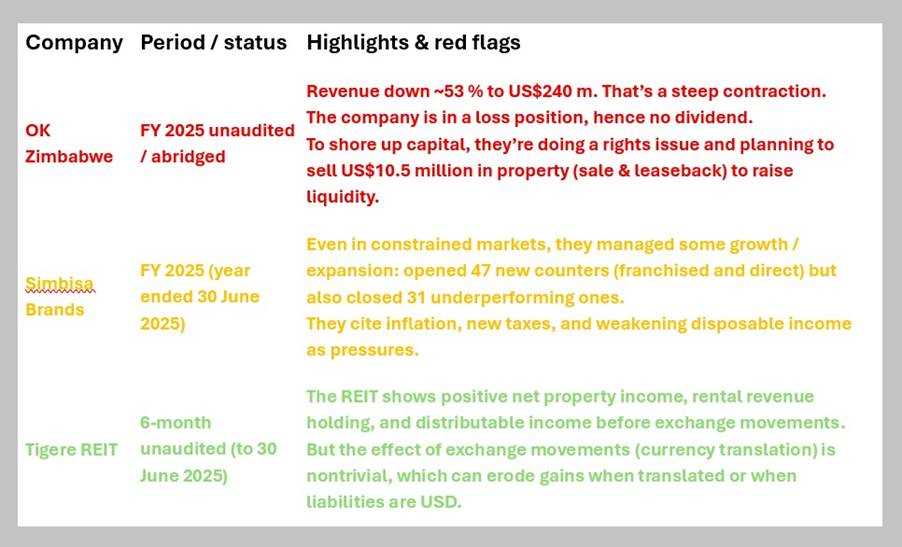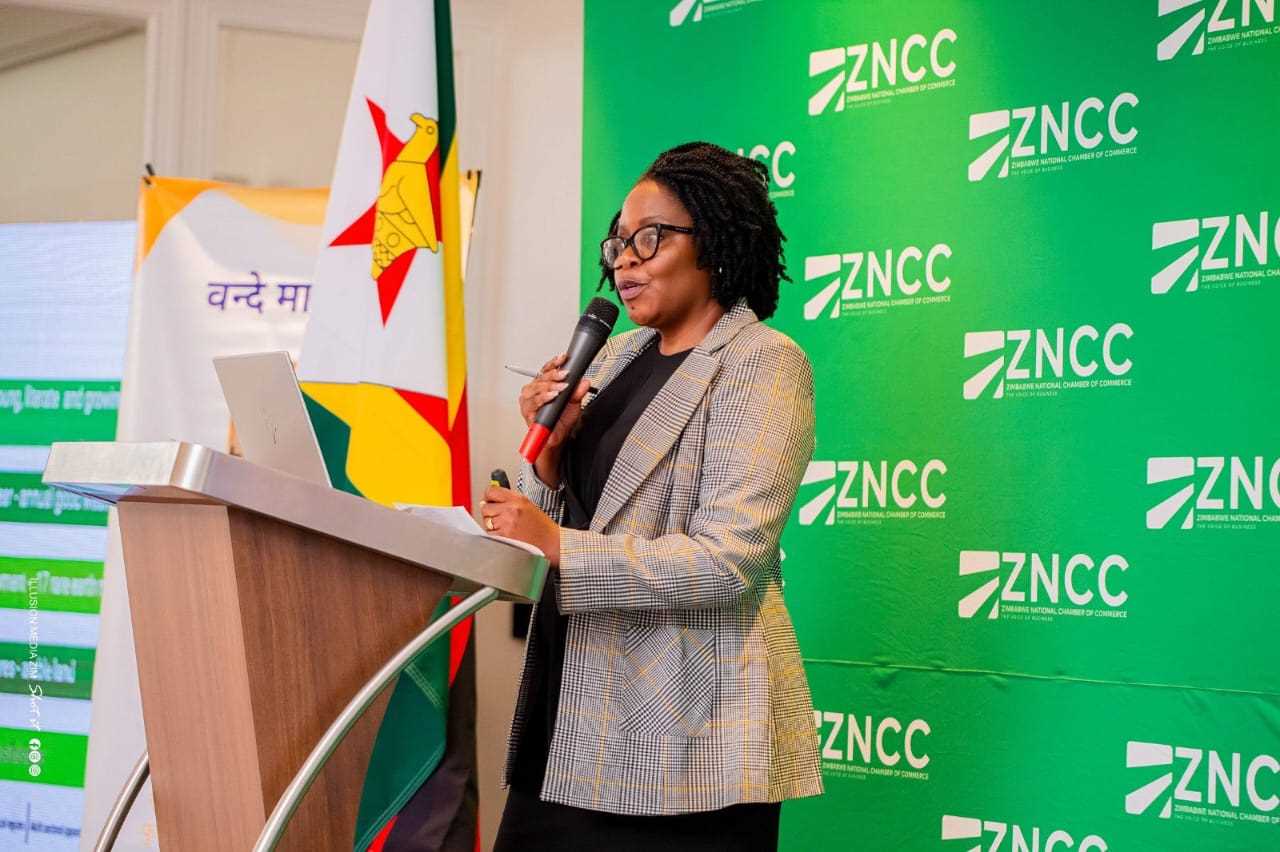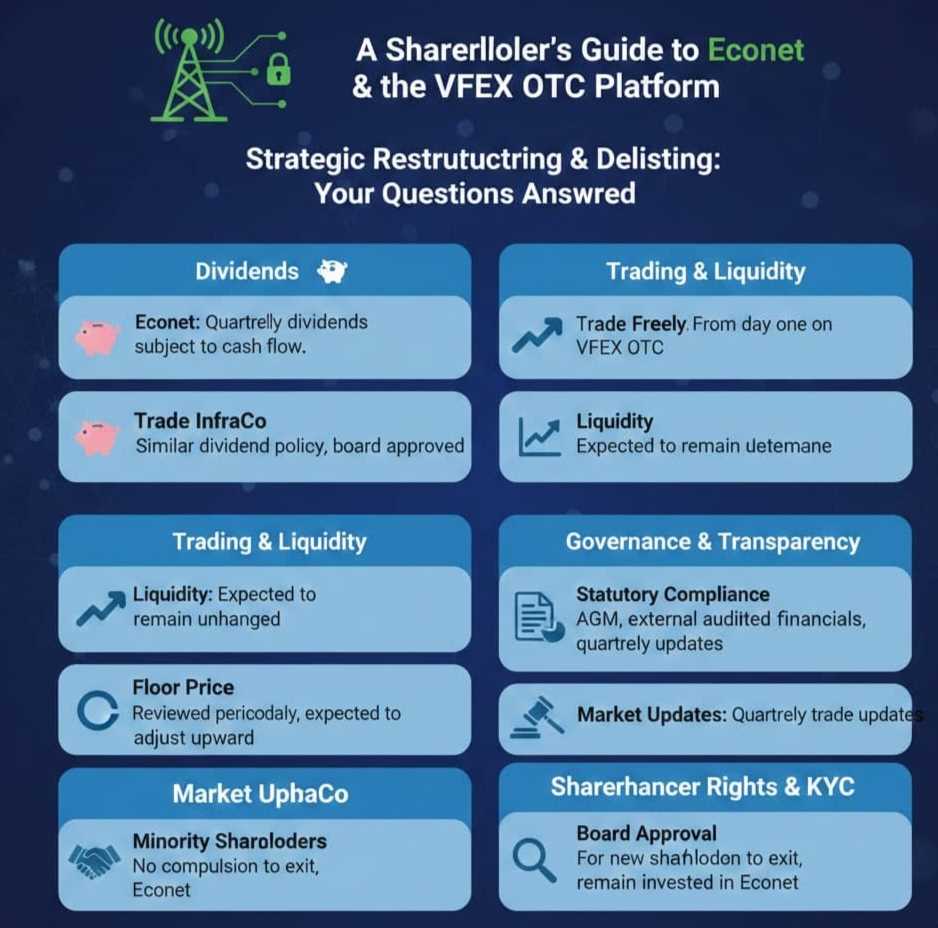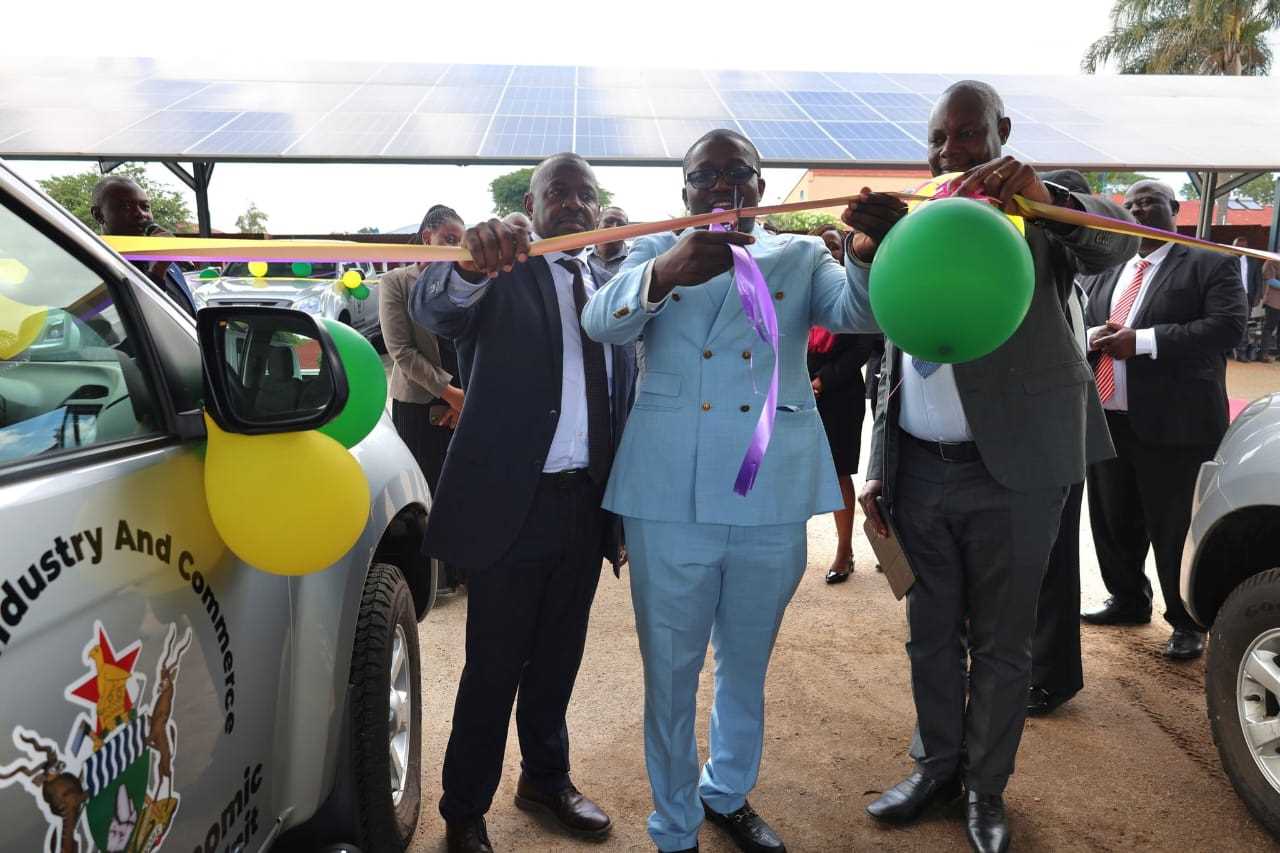
The past week has been heavy on numbers, as three listed corporates opened their books. Taken together, the results sketch a picture of an economy under strain, with a few pockets of resilience.
Retail in retreat
OK Zimbabwe’s results were the loudest alarm bell. Revenues tumbled by more than half to US$240 million, a 53% slump that forced the retailer into a loss position and left investors with no dividend. Management has gone into survival mode: announcing a rights issue and selling US$10.5 million worth of properties in a lease-back deal just to raise working capital. The message is clear—formal retail is being squeezed by weak consumer demand, currency instability, and an increasingly aggressive informal market.
Fast food’s balancing act
Simbisa Brands, by contrast, is still pushing growth—but with caution. The group opened 47 new counters during the year to June but also closed 31 underperformers. It cites inflation, new taxes, and dwindling disposable incomes as pressures. The strategy is clear: trim fat, double down where demand holds up, and keep expanding regionally to offset the domestic crunch. In short, Simbisa is surviving not by standing still, but by constantly pruning and repositioning.
Related Stories
Property holds—barely
For property investors, Tigere REIT’s half-year numbers offered mixed signals. Rental income is holding steady and net property income remains positive. Yet exchange movements are eating into distributable income, exposing even real estate to the currency distortions that plague the wider economy. Property remains a relative safe haven, but only as long as tenants can pay and the currency slide is managed.
The bigger picture
Threaded together, the results suggest an economy where consumers are under siege, corporates are prioritising survival over growth, and investors are learning to live without dividends. Liquidity stress is visible, currency volatility is undermining gains, and the battle between formal and informal retail is tilting toward the streets and tuckshops.
In other words, the economy is rewarding agility and punishing rigidity. The lesson from this earnings season? In Zimbabwe 2025, the best business model is not the biggest—it’s the most adaptable.



















Leave Comments